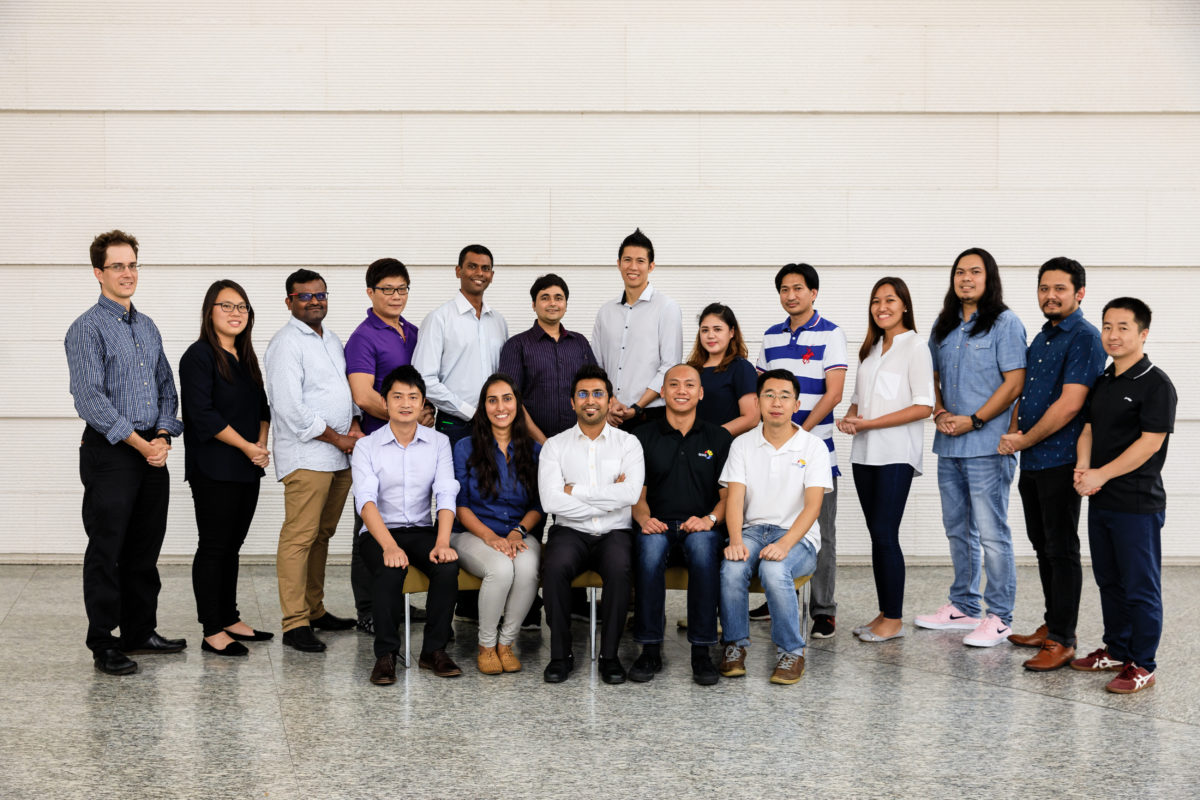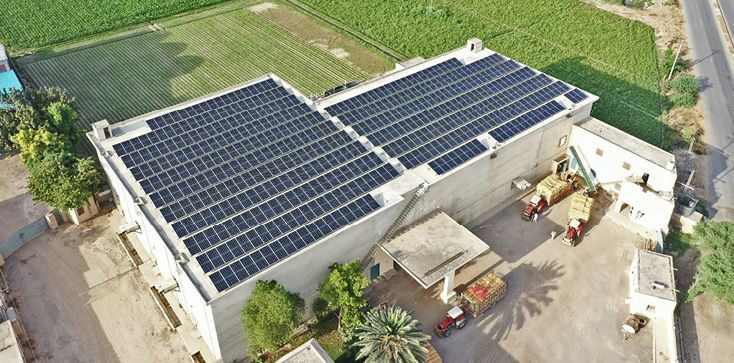Scientists from the Solar Energy Research Institute of Singapore (SERIS) have announced they aim to reach an efficiency of 24% for a monocrystalline PERC solar cell, through a new partnership with China’s Guangzhou Ruxing Technology Development Company Ltd. The research team said it aims at developing a metallization paste together with the Chinese company specifically for its monoPoly™ passivated-contact cells and improve their efficiency to 24%. “Over the past 15 months, SERIS and its industry partners have been fine-tuning SERIS’ proprietary monoPoly™ passivated-contact solar cell technology platform for mass production, with average solar cell efficiency range of 23.0%to 23.5% and 60-cells module power above 330 Watt,” the company also said.
SERIS stressed its monoPoly™ technology platform requires only one tool upgrade for most PERC production lines and that with only seven process steps, it is possible to manufacture superior cell and module power as well as better tolerance to PID and LID than PERC cells. According to the research institute, around 3 GW of monoPoly™ production capacity could be installed this year.
“After the success of our market-leading aluminum paste and back silver paste in enabling PERC technology [for] mass production, we are confident that we will once again deliver the right products to enable monoPoly™ solar cells to enter mass production,” said Ruxing Technology president Shan Xu.
Based in Guangzhou, southern China, Ruxing Technology is a provider of electronic and luminescent materials. It produces, among other things, aluminium pastes for solar cell applications, conductive nickel thick liquids, and Ohm contact sliver and quadric surface silver pastes, as well as pastes for carbon film potentiometer uses.
*the article has been updated on February 22 to make a few corrections.
This content is protected by copyright and may not be reused. If you want to cooperate with us and would like to reuse some of our content, please contact: editors@pv-magazine.com.




2 comments
By submitting this form you agree to pv magazine using your data for the purposes of publishing your comment.
Your personal data will only be disclosed or otherwise transmitted to third parties for the purposes of spam filtering or if this is necessary for technical maintenance of the website. Any other transfer to third parties will not take place unless this is justified on the basis of applicable data protection regulations or if pv magazine is legally obliged to do so.
You may revoke this consent at any time with effect for the future, in which case your personal data will be deleted immediately. Otherwise, your data will be deleted if pv magazine has processed your request or the purpose of data storage is fulfilled.
Further information on data privacy can be found in our Data Protection Policy.